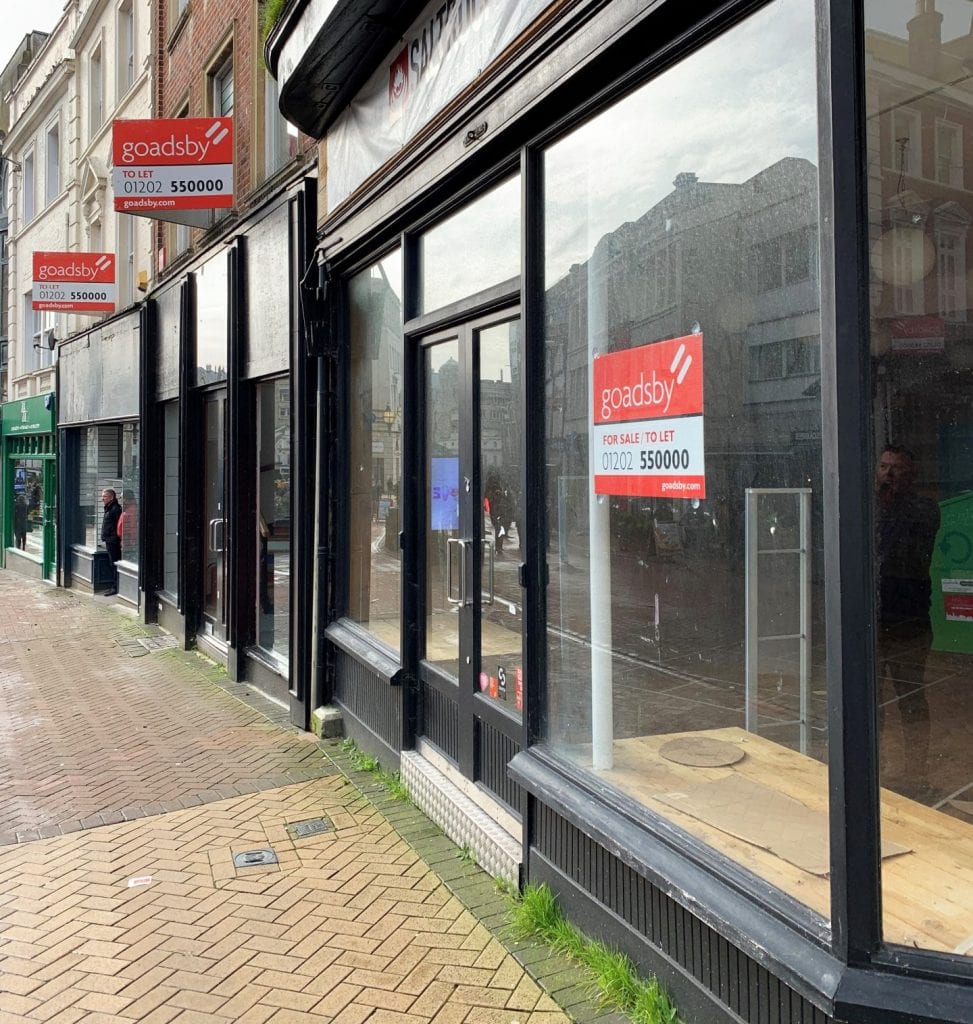With an office based near central Bournemouth, I often wander into town during lunch to get some fresh air. This can be a depressing experience while passing the rows of empty shops; even more so now with the demise of the 140-year-old Beales.
Bournemouth town centre presents the grim reality of Retail in 2020, a sector decimated by online competition and societal change. It’s easy to think about the Hotel, Travel and Taxi industries that have been changed forever by Digital “Disruption” and assume that it won’t happen to you. However, far more radical, intelligent and targeted change is coming.
A study by MIT found that companies that have embraced some form of Digital Transformation are already 26 percent more profitable than their peers. The market for Digital Transformation services is expected to grow at a CAGR of 22% over the next five years. So how will this affect you?
Sectors that aren’t already being disrupted won’t have to wait long for their share of the digitization wave, as organisations of all types look to develop their business models.
As a business that provides cloud products and services to local companies, we see several clear trends:
- Flexible Working & Cultural Change: Buying the technology is the easy part. User adoption and appropriate use can be the big problem. At the IT Department, we work with your organization to ensure the culture of the business adapts as the environment evolves. This is critical, particularly when we are all bombarded with disparate communication platforms.
- Localism is back: It is clear that many businesses that adopt AWS or Azure are losing control of their data ownership and their cost-base. We resolve this challenge by providing a suite of cloud services that have a face. Public cloud, at a fixed price, from a local business. I have issues with blanket support of global corporations that have helped to create the empty high street we see today, and do not pay their share of tax in the UK.
- The rise of AI, Analytics and Algorithms: Developments in Analytics and AI have transformed speech analytics, voice-to-text transcription and has led to reduced claims pay-outs in the insurance sector. Sectors like Contact Centres have undergone massive change in recent years.
We should all take responsibility for our critical information. Global corporations are telling us that outsourcing responsibility for our infrastructure is the correct path in all instances, and I would challenge that. It is for this reason that we want to offer a local solution to local organisations; ensuring that our partners and customers retain control whilst realising the benefits that cloud adoption can provide.
It’s a common misconception that Digital Transformation is about technology. It’s actually about putting your customers’ requirements at the heart of your business, whilst creating a future-proof, flexible, scalable and supportive environment for your employees.

